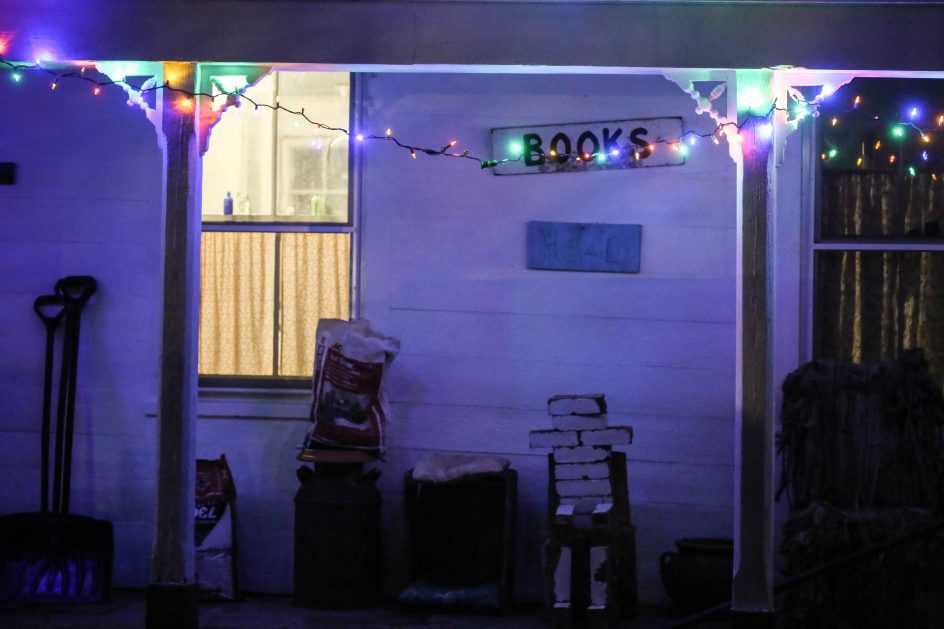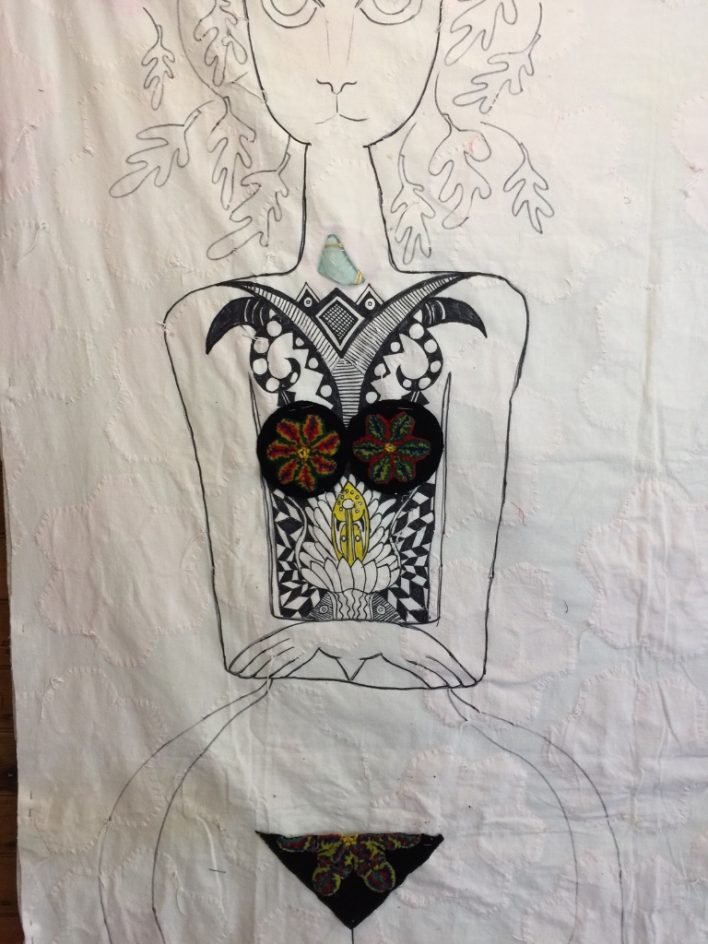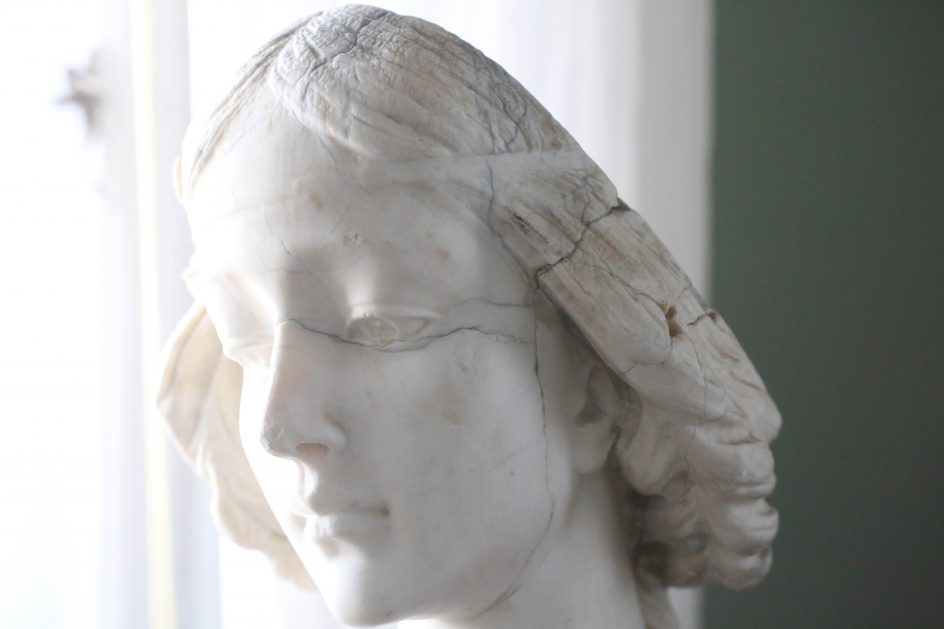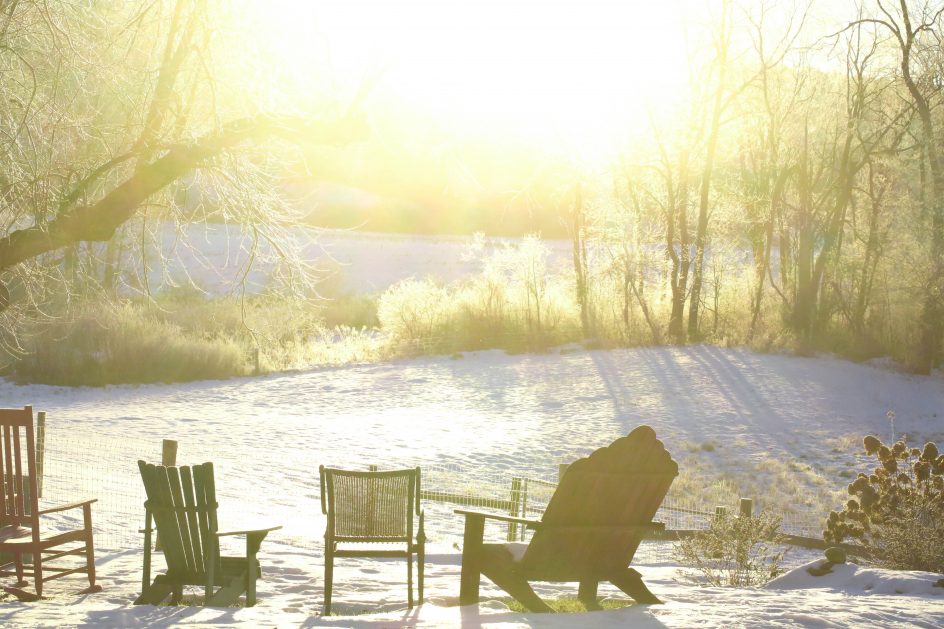
Today is the darkest day, the longest day. It is the Winter solstice.
It is also the new beginning. Tomorrow is one minute longer than today, each day another minute longer after that. After darkness, light. In the country, the Winter solstice has special meaning, it marks the beginning of a new farm year, the return of the light, the look forward to Spring.
In our world, each season leads to the next. The dark times are a time of reflection, coldness, loneliness, a respite from life, rest for the land, the loss of color. The animals hug their barns and circle restlessly, they are eager for food and warm water. We are tested in these days, spiritually, emotionally, in a psychic way. We are enveloped in darkness, our souls turn inward.
The Winter solstice is an astronomical phenomenon, it marks the day with the shortest period of daylight and the longest night of the year.
In the Northern hemisphere this is the December solstice, in the Southern Hemisphere this is the June solstice. In some cultures, this is a celebration of mid-winter, in other cultures it is seen as the beginning of winter. It is the day of the earliest sunset and the the latest sunrise – the darkest night, the shortest day.
Tomorrow marks the return of the light. Spring follows winter, we will turn our eyes and souls outward again and bow to Mother Earth, and thank her for the new season and the return of the light. For the pagan culture, this has always been a great holiday, a recognition of rebirth, involving holidays, festivals, gatherings and witchy rituals.
The Longest Night is steeped in history and ritual.
At the root was the ancient fear that the failing light would never return unless human beings intervened with sacrifice, vigils and pagan celebrations. Ancient cultures built Astronomical Observatories – tombs, temples, cairns, to align with the solstices and equinoxes, to summon back the light. Life depended on the progress of the seasons. Starvation was most common during the first months of the winter, January through April, known throughout the world as the famine months.
It was in the days after the solstice that the concept of birth and rebirth, of new beginnings was conceived.
So in many ways, this is my holiday, and Maria’s holiday, we are born again. We worship the light, and we celebrate the return of the light, and of the land, and of the trees and gardens, beginning tomorrow. And I give thanks for the food and shelter we have, luxuries unknown throughout so much of human history.
We are fond of lamenting what we have lost and what we are afraid of losing, but this is a holiday to celebrate what we have to tide us through the dark days. We may celebrate the light, but we no longer fear the darkness, it is not eternal.
So tonight, I await the New Beginning. The cup is full. The Return Of Color And Light. The idea of birth and rebirth. I believe every day is a new beginning, an opportunity to live my life.
The failing light will return, and it will come back to us tomorrow. We shall not forget to welcome it. Hallelujah.



